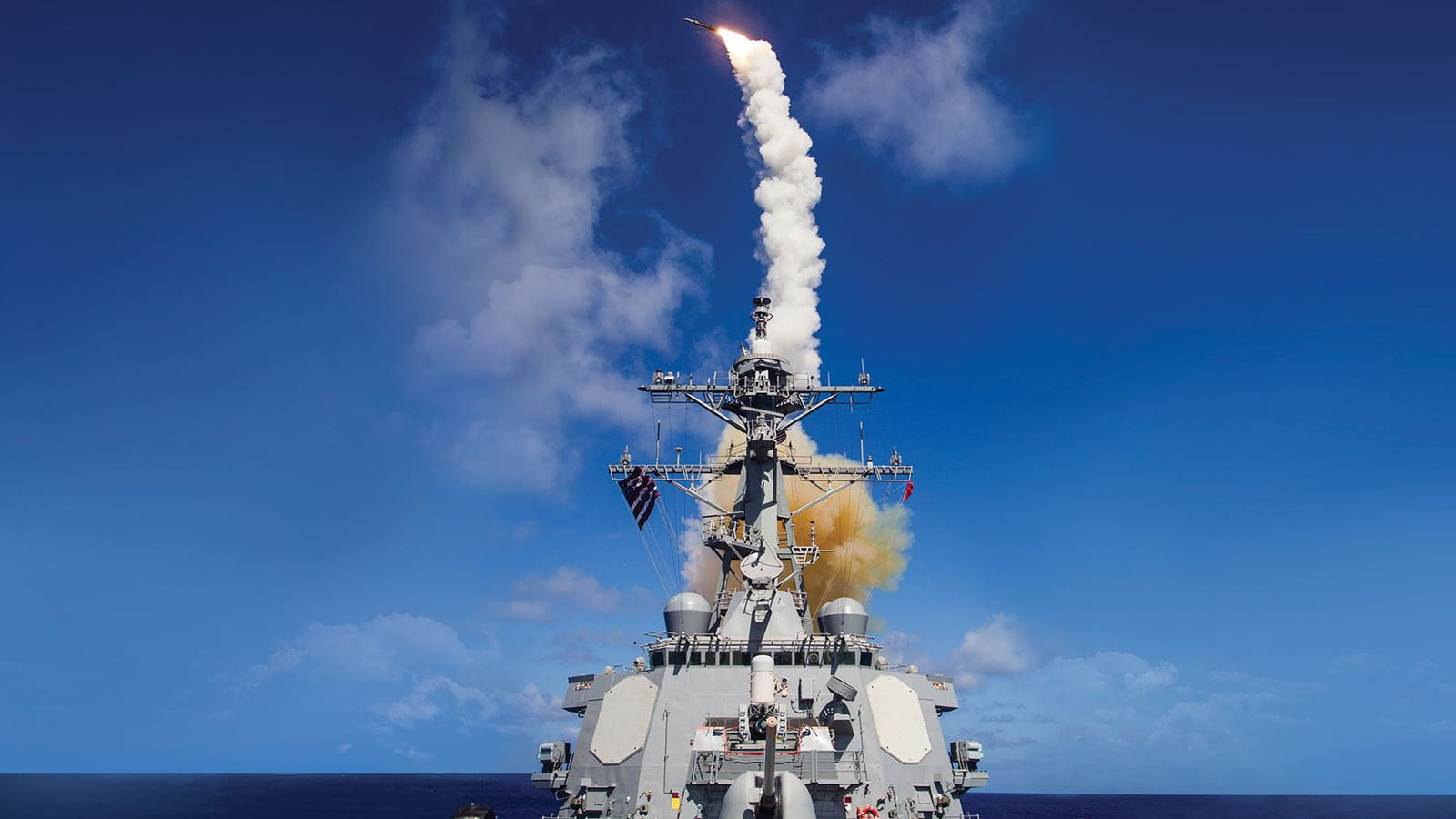The failure of an early return to service (RTS) of the Boeing (BA +0.29%) 737 MAX is starting to bite at aerospace suppliers, but for now, the market seems to be accepting it as a question of "when, not if." Indeed, the latest earnings report from industrial conglomerate United Technologies (UTX 0.21%) and the market's reaction to it only served to enhance this perception. Let's take a look at what happened and what you need to know before you buy stock in United Technologies and/or its future merger partner Raytheon (RTN +0.00%).

Image source: Getty Images.
Why Raytheon matters, too
In case you are wondering why I've referenced Raytheon, it's simply because the company is set to merge with the aerospace businesses of United Technologies (UTC), namely Collins Aerospace (aerostructures, interior, avionics, and mechanical systems) and Pratt & Whitney (engines and aftermarket). Consequently, if you are buying Raytheon, you are de facto buying into the future prospects of United Technologies' aerospace businesses too.
United Technologies guidance
It's an important point to consider when considering the guidance that UTC just gave for its aerospace businesses -- guidance for Carrier (heating, ventilation, air conditioning, fire and security products, and refrigeration) and Otis (elevators) will be given on their respective investor meetings in February.
The table below shows the segment profit for the last couple of years and the implied guidance for the aerospace businesses in 2020. Interestingly, Otis and Carrier both delivered profits slightly ahead of the implied guidance given on the third-quarter earnings call.
| Segment Profit |
2020 Implied Guidance |
2019 |
2018 |
|---|---|---|---|
|
Otis |
N/A |
$2.01 billion |
$1.99 billion |
|
Carrier |
N/A |
$2.98 billion |
$3.06 billion |
|
Pratt & Whitney |
$2.03 billion to $2.08 million |
$1.8 billion |
$1.56 billion |
|
Collins Aerospace |
$4.12 billion to $4.17 billion |
$4.44* billion |
$2.61 billion |
|
Total Segment Profit |
N/A |
$11.23 billion |
$9.22 billion |
Data source: United Technologies. *Rockwell Collins was acquired in 2019.
Pratt & Whitney on track
The company appears to be over the larger part of its technical issues on its all-important geared turbofan (GTF) engine (one of two engine options on the Airbus A320 NEO), although UTC CEO Greg Hayes acknowledged Pratt would be retrofitting some components on the engine through 2020.
However, Pratt's profitability in 2020 will be a tale of two parts. On the commercial original equipment (OE) side profit is expected to be similar to 2019 as production of the GTF increases -- aircraft engines are usually loss-making with the real money made on the aftermarket revenue overtime. Instead, the commercial aftermarket "is expected to grow low- to mid-single-digits, primarily driven by continued V2500 growth and GTF activity, partially offset by declines in the legacy engines" according to UTC CFO Neil Mitchill on the earnings call. For reference, the V2500 is an engine used on the Airbus A320 family.
Collins Aerospace
Observant readers will note that Collins Aerospace operating profit is forecast to drop by $275 million to $325 million in 2020. The reason? Mitchill put it down to "approximately $550 million to $600 million of combined headwinds due to the 737 MAX, the ADS-B mandate and the required divestitures."
Later on the earnings call, CEO Greg Hayes said the effect from the grounding, and subsequent production delay on the 737 MAX, to Collins Aerospace would be responsible for "somewhere between $350 million and $375 million to the year" with something "north of $100 million" from the ADS-B effect, and the rest due to revenue lost from the divestiture of businesses. The ADS-B effect is simply revenue that won't repeat in 2020, which comes from aircraft being mandated to have automatic dependent surveillance broadcast, or ADS-B, technology equipped.
There's definitely going to be a negative effect from the 737 MAX grounding on Collins Aerospace's year, but Hayes is taking the view that the effect "is temporary. Next year, I think that as MAX production ramps back up, that abates."
In other words, once Boeing gets RTS on the 737 MAX and production increases again, Collins Aerospace will play catch-up on lost revenue. Indeed, Hayes maintained guidance for $8 billion in free cash flow for Raytheon Technologies by 2021 -- implying the lost earnings/cash flow in 2020 will be recovered next year. If so, then the company will look like a good value.
What are investors to make of it?
Clearly, United Technologies and Raytheon, by default, have become part of a growing list of industrial names whose profit outlook for the next year or so is somewhat dependent on a successful RTS for the 737 MAX. Moreover, the underlying assumption is that the supply chain around the 737 MAX will not develop any gremlins while the industry waits.
If these assumptions come true, then both stocks look like a good value, but it's hard to argue that the risk isn't rising with every passing month that RTS hasn't happened for the 737 MAX.






